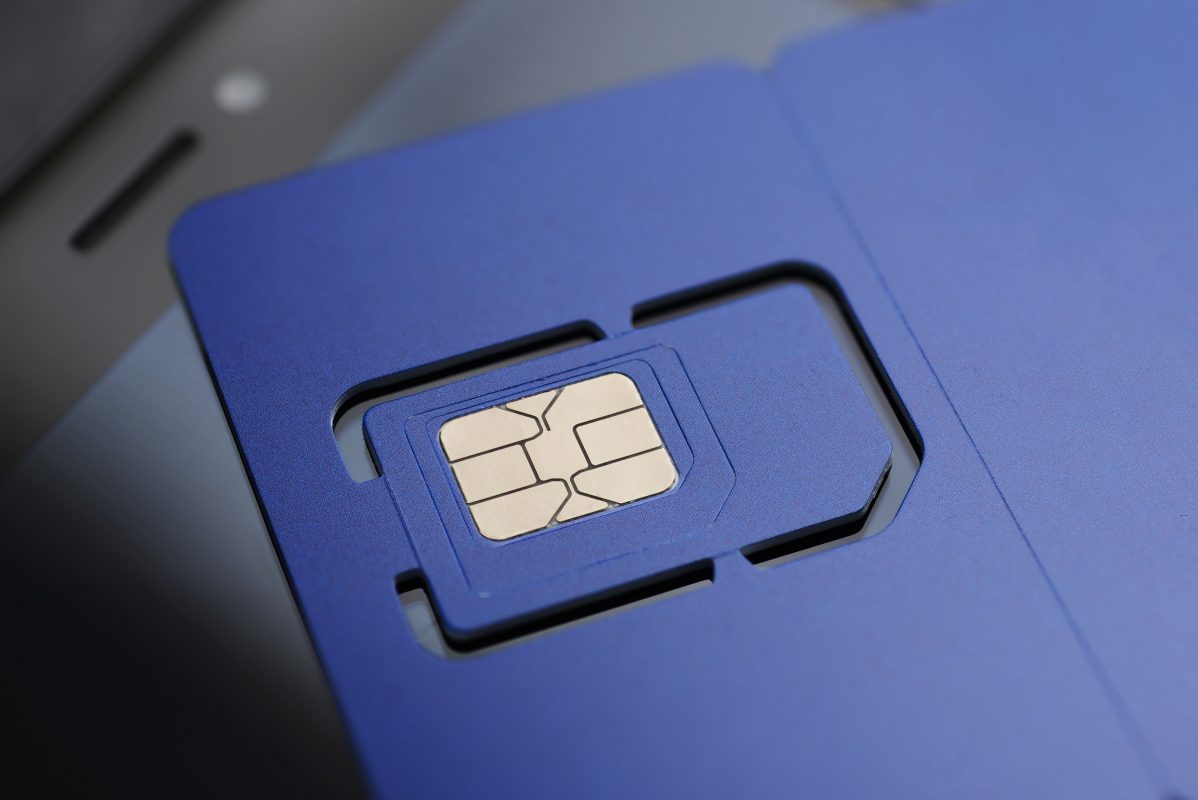In April 2018, The Department of Justice (DOJ) launched an investigation to determine if major mobile providers AT&T, Verizon, and the industry group GSM Association (GSMA), an association representing the interests of mobile companies, colluded to prevent customers from switching carriers by limiting eSim installation in smart phones.The companies face allegations of trying to lock devices into their network by influencing tech manufacturers to limit the growth of the mobile market, an act that violates antitrust laws.
Together, AT&T and Verizon have a 70% share of all wireless subscriptions in the United States. This new technology is a major threat to their large market share.
eSim is an embedded SIM card that holds the service subscription information on a smart phone electronically. Most smart phones have a physical SIM card that can be inserted into different phones. eSim allows for customers to easily switch carriers. This allows for consumers to have more choices in their selecting their mobile phone carriers depending on their location, which service has the best service, the best signal, and the best price.
The new Motorola Razr flip-phone, an update of the early 2000s must-have it set to be the first eSim only phone. Manufacturers have announced more eSim only phones for 2020. Apple’s latest phone the iPhone 11 include both types of SIM.
The use of eSIM allows for consumers to have multiple data plans, phone numbers, such as one for business and one for personal use, or have a SIM for use in another country. The technology in eSIM is similar to the chips used in payment technology like Apple and Google Pay.
The biggest advantage of eSIM for consumers? You can switch carriers with a single phone call. Subscribers can easily add eSIM to a new wireless plan in minutes. This technology is widely used in Europe. In the U.S., AT&T, T-Mobile USA, and Verizon Wireless support eSIM.
As eSIM technology is slowly becoming the norm for mobile phones, these carriers want to lock subscribers into their networks with eSIM.
The DOJ announced on November 27, that they completed their investigation and revealed that several rules were added to lock a phone into a network with eSIM “without being necessary” to solve interoperability problems.” The investigation stated carriers in North America lost a vote demanding a stronger set of rules for lock-ins to their networks with eSIM. Additional rules implemented include preventing automatic switching between networks and stopping phones from connecting to two networks at once, both of which are possible with eSIM. This can also be done on devices with two physical SIM card slots. With eSIMs, carriers will have the ability to block this.
As of now, the DOJ is not investigating this further and publicly stated their support for eSIM. In July, the DOJ required Dish and T-Mobile to use eSIM after their merger hoping pressure from consumers will force all carriers to adopt eSIM and make it easier for consumers to switch between carriers. The DOJ is watching the GSMA in hopes the situation will improve.

